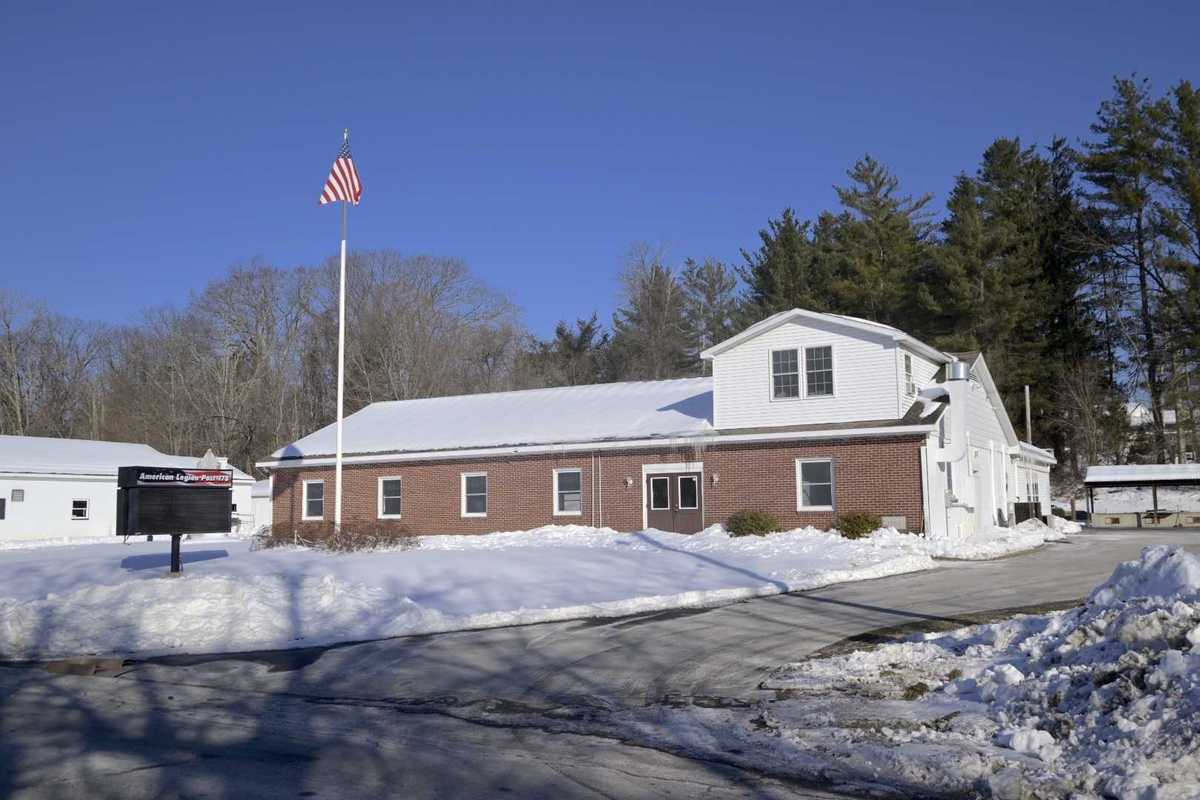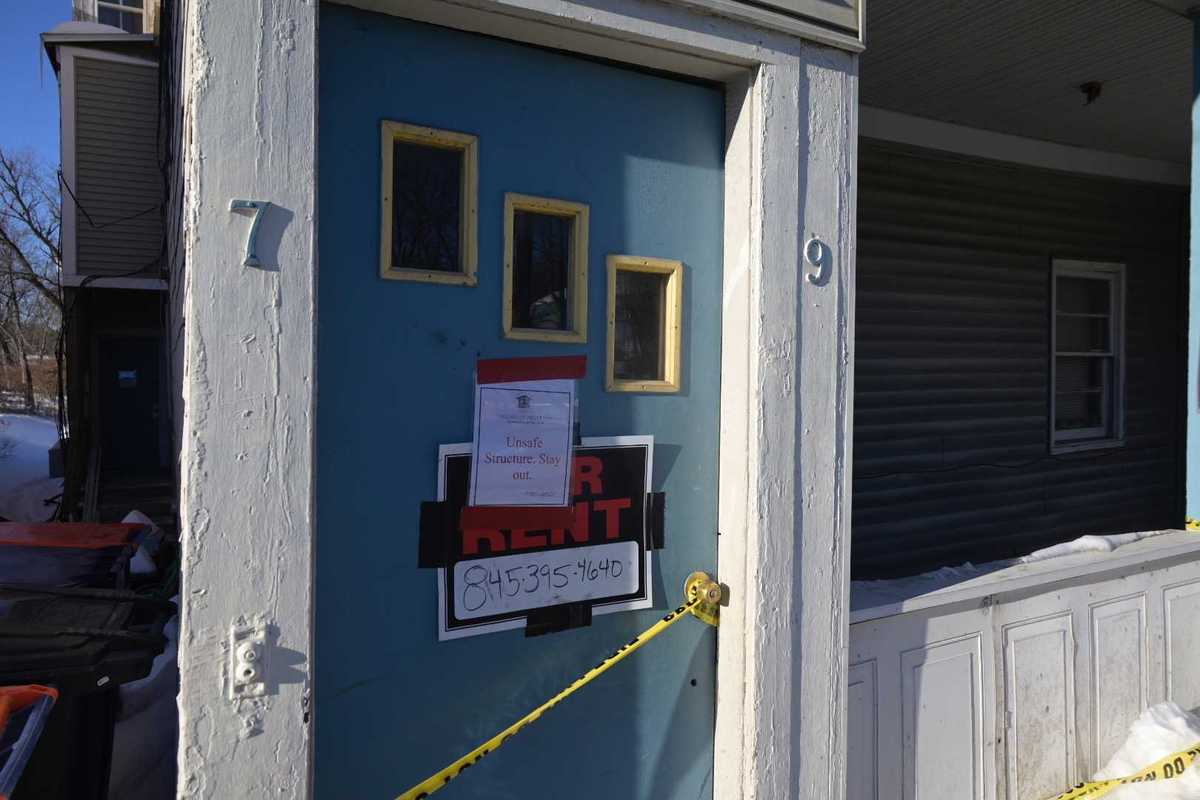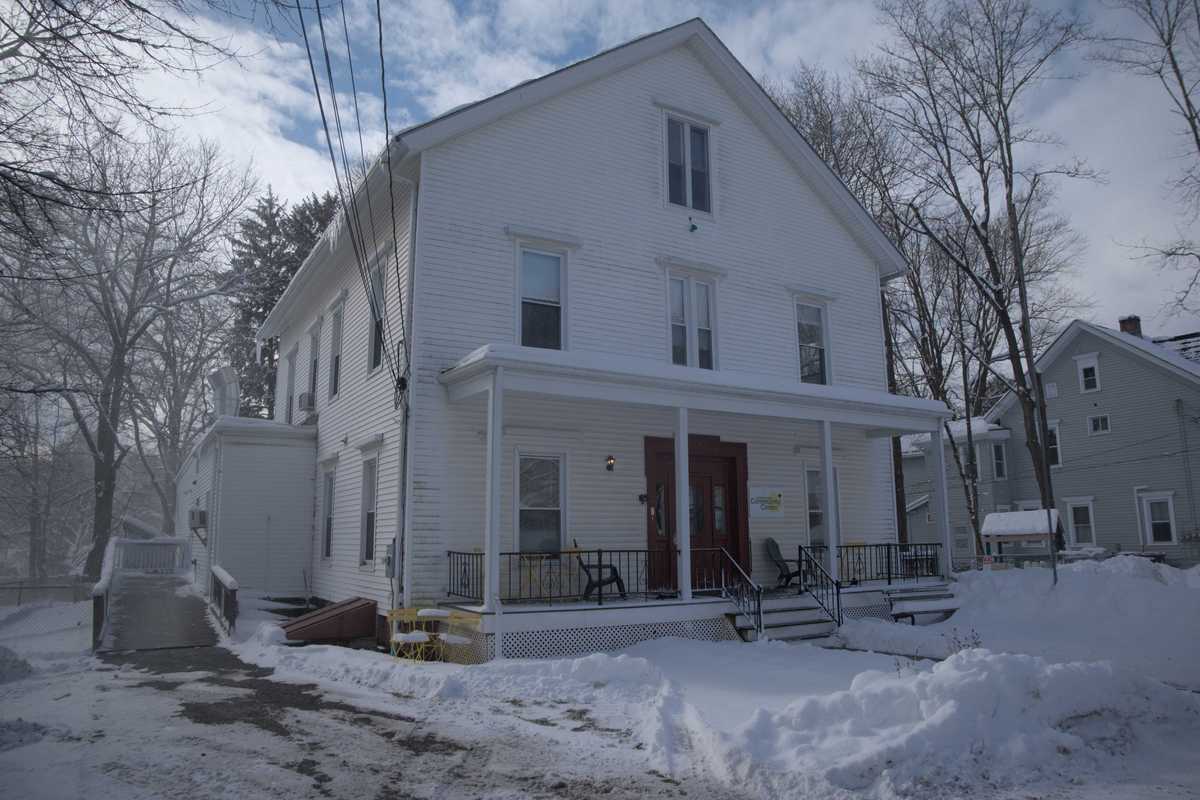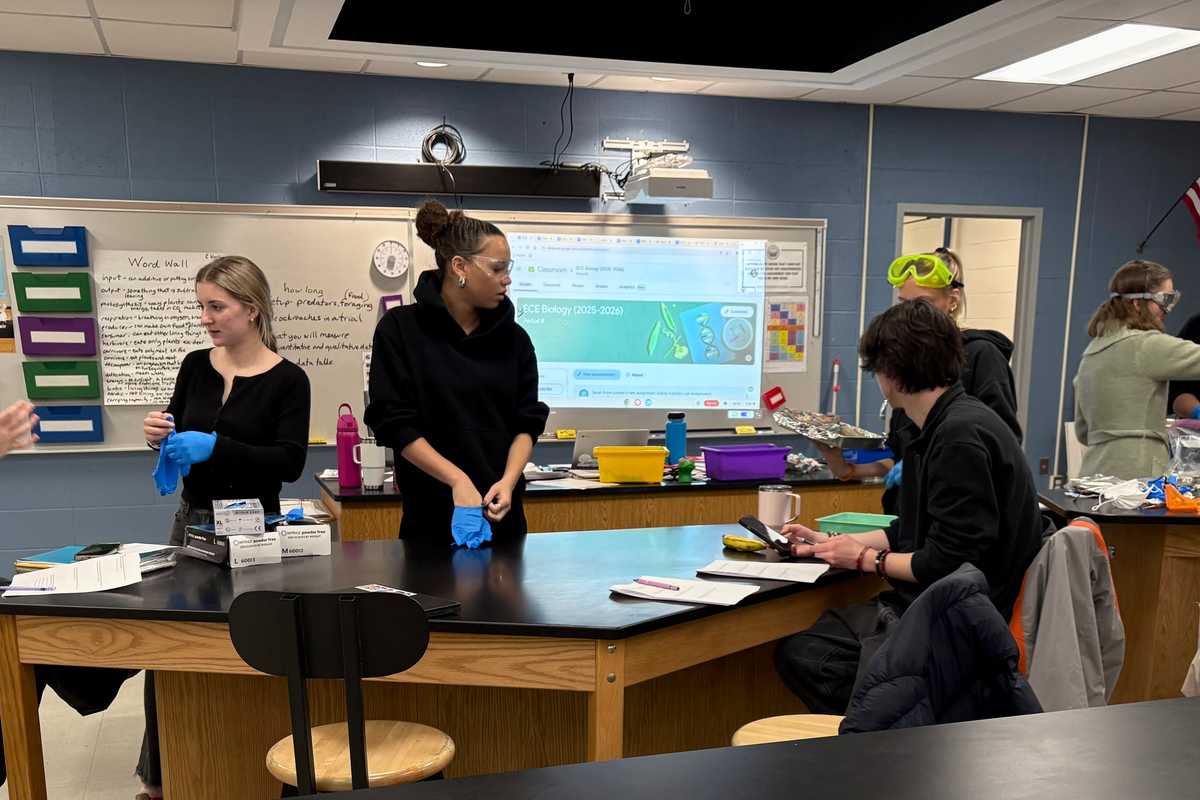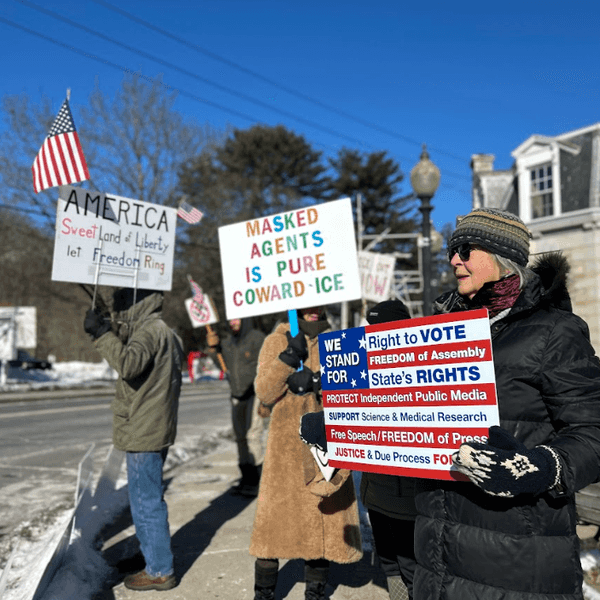Webutuck student health clinic going full steam

Livia Santiago-Rosado, MD, Commissioner of the Dutchess County Department of Behavioral & Community Health, at left; nurse practitioner Angela Sinon; and Sara Hodgdon, director of operations for the School-Based Health Center located in Webutuck High School, in one of the Center’s exam rooms.
Photo by Deborah Maier


